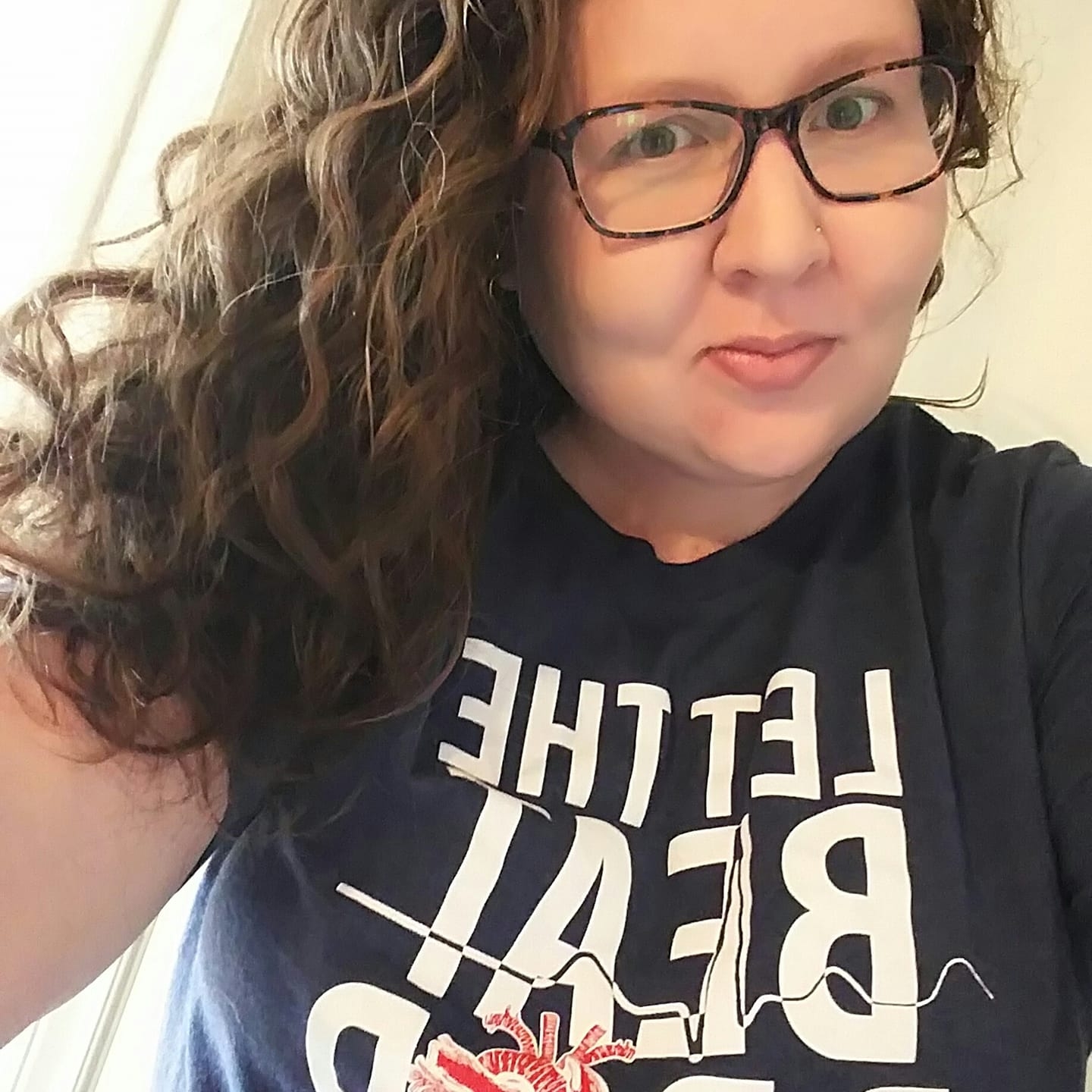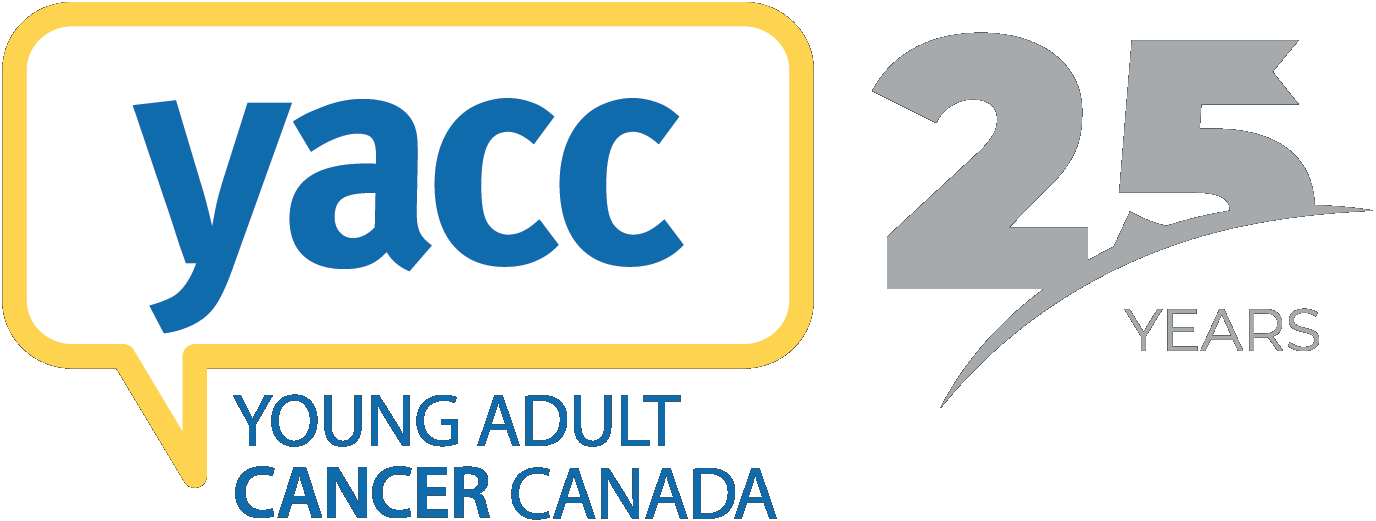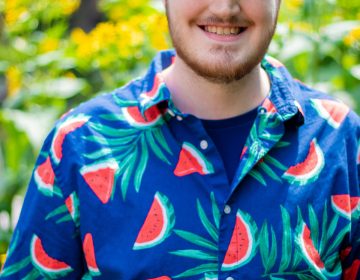
Kirsten Efremov
A little bit about you:
Name: Kirsten Efremov
Age: 31
City: Brampton, ON
What was/is your diagnosis?
Oral Cancer (squamous cell carcinoma – T2N0) in 2016
Acute Lymphoblastic Leukemia in 1998 and 2004
What year was it? What was your age at the time?
I was 28-years-old at the time of my most recent diagnosis.
What is something you’ve done that you’re really proud of?
Getting my Bachelor of Science and Masters in Public Health. I’m the only one in my entire family to have any post-secondary education.
What is a top item on your life to do list?
Travel, help others navigate the health care world.
What are your hobbies?
Scrapbooking, volunteering, being outside.
Your diagnosis:
What was your life like before your diagnosis?
Before my last diagnosis, I was in school full-time and worked part-time. I was in school for fitness and I was working with construction (with glass), so being active was part of my daily routine. I had just passed the 10-year point with my oncologist and decided to “graduate” myself from Princess Margaret hematology/oncology unit to reduce my trips into Toronto.
How did you find out you were sick? What led to your diagnosis?
I had a canker on my tongue that would not go away. I ended up going to an oral surgeon who missed my diagnosis and treated me for something else. I eventually had a biopsy. In retrospect, I should have fought harder for an earlier biopsy.
What were your first thoughts when diagnosed?
I knew it! Not again. This fucking sucks. What kind of dumbass tells a patient they have cancer over the phone?
In which hospitals were you treated?
Princess Margaret Hospital and Mount Sinai.
What did your treatment consist of?
My oral cancer treatment consisted of major surgery, partial glossectomy (part of my tongue was removed), and a neck dissection (48 lymph nodes were removed and tested for cancer).
I was lucky enough to not have to go through treatment again because I wasn’t sure I wanted to do it.
What is your current medical status?
Cancer-free, but I go to Princess Margaret Hospital every three months for a visual check up as this cannot be detected any other way.
Life after cancer:
How is life different for you now post-diagnosis?
Socially, i struggle to make friends. I always worry about getting cancer again and then having to tell people and them not being there.
What is the toughest part about having cancer as a young adult?
No one gets it. I am often the youngest person in the waiting room and everyone stares. You can’t make cancer jokes or talk about it with your friends because they have no idea how to respond. Lack of resources there, everyone tells you to do this or that, but this and that often don’t work.
What really helped you to keep going?
Knowing this time I could share my story. I was excited to share rather than hide.
What kept you busy during treatment?
School and free hospital Wi-Fi. I worked on finishing assignments along with periods of free TV watching for the four days I was in the hospital.
How are you connected with Young Adult Cancer Canada? How did it happen?
I connected with YACC through a friend a met through volunteering. I was more of an observer until I got cancer the third time.
The issues:
Did/Do you feel isolated from your peers since your diagnosis? If so, how did/does that affect you?
I have felt isolated for years. I feel like I have an old soul and would rather connect with people who want to have meaningful relationships. I have a hard time trusting anyone and I don’t let people get close anymore. Plus, the added fact that I had cancer makes people get weird and they often can’t handle when I bring it up in casual conversation.
Did anyone talk to you about fertility options before treatment? If so, how did that affect your decisions? If not, what do you wish you had known?
When I was sick as a kid, my doctors talked to my parents and never mentioned anything about fertility. It wasn’t until I was about 25 that I really started to ask questions and get things figured out myself.
Has your cancer diagnosis affected any of the relationships in your life? If so, how, and how are you managing them?
I have always had a hard time with relationships. I expect a lot when it comes to friendships only because I give a lot into the friendship.
How has your cancer experience affected your body image, and your relationship to your body?
The drugs I was put on made me gain weight. It sucks majorly because it’s hard to get the weight off the older you get.
What are some lifestyle changes you’ve made since your diagnosis?
Nothing major; I try to exercise more, but mainly I get to know my own body so if changes occur, I can say for sure that’s not expected or that just normal change.
Resources and recommendations:
Have you participated in any other retreats, conferences, programs, or support groups you’d like your cancer peers to know about?
The first thing I ever did was the Survivor Conference 2018 in St. John’s, NL. It was spur of the moment, but I had nothing to lose. I was then encouraged to apply for the Retreat Yourself program. Man, was this the most life-changing five days ever.
Are there any other resources you’d like to recommend?
I have so many different resources, not just from my own personal journey, but because of my profession. If anyone needs any resources, I would love to have a discussion to see how I can help. I think the best resource you can have is someone who has been there.
Stay in touch:
What would you like to say to other young adults dealing with cancer who are reading this profile?
Ask questions — to everyone! You have the right to ask your question and get the answers you deserve. If you are not happy with your care, you also have the right to find new care!
Are you interested in helping others facing cancer challenges?
I would love to be able to help anyone who needs it.
[Editor’s note: If you would like to get in touch with Kirsten, email [email protected] and we will forward your message to her.]








